Australia's Indigenous Voice referendum: a country forever divided?
Resounding victory for the 'No' campaign is unlikely to settle the issue just yet
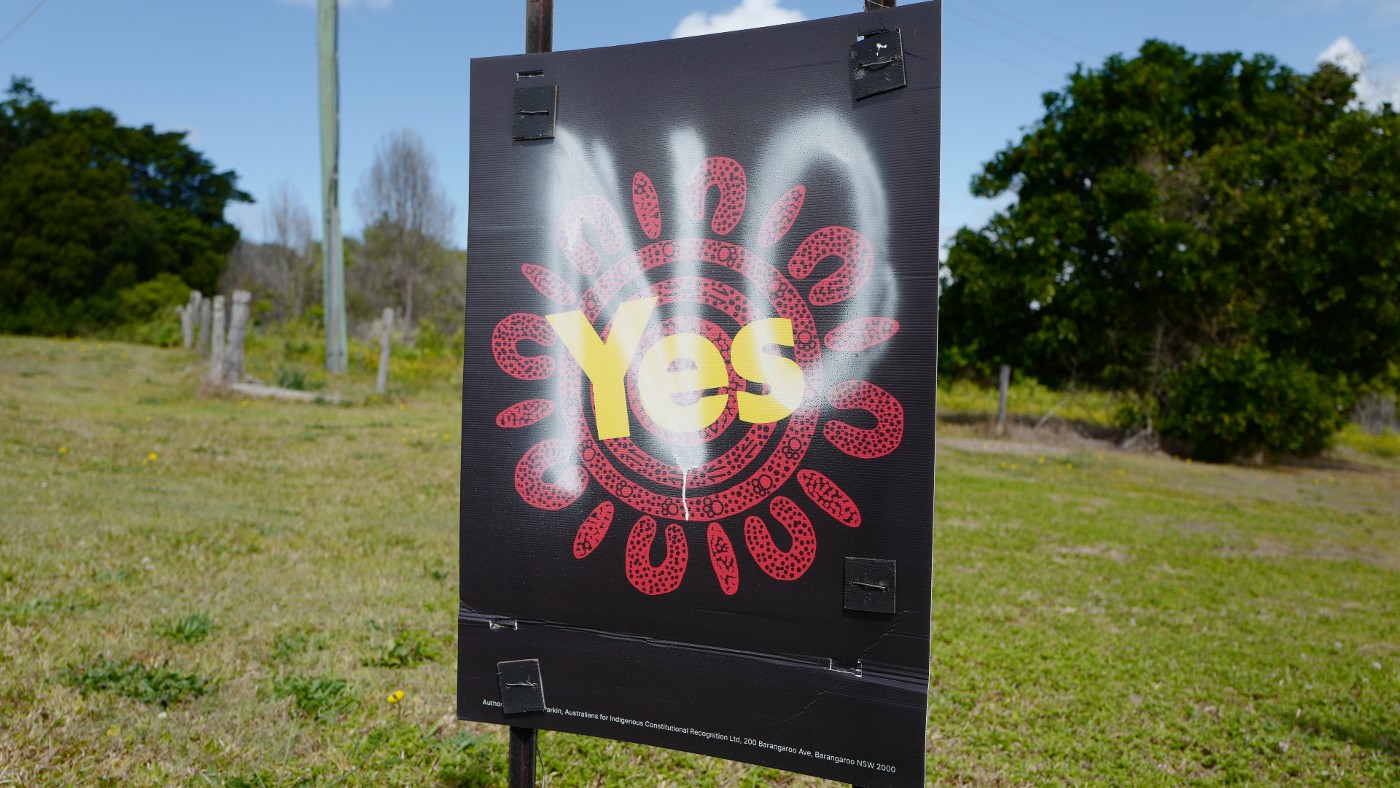
A free daily email with the biggest news stories of the day – and the best features from TheWeek.com
You are now subscribed
Your newsletter sign-up was successful
Australians are pondering an uncertain future after voters overwhelmingly rejected the "Voice" – a referendum on giving greater political rights to Indigenous people.
The proposal, to recognise Indigenous Australians in the constitution and create a body of Aboriginal and Torres Strait Islander people to advise government, was rejected by a margin of 60.78% to 39.22%.
Public servants in Queensland were offered five days' paid leave for psychological distress caused by the result, noted Yahoo News, and Australian Indigenous leaders called for a week of silence and reflection.
The Week
Escape your echo chamber. Get the facts behind the news, plus analysis from multiple perspectives.

Sign up for The Week's Free Newsletters
From our morning news briefing to a weekly Good News Newsletter, get the best of The Week delivered directly to your inbox.
From our morning news briefing to a weekly Good News Newsletter, get the best of The Week delivered directly to your inbox.
Following a fraught and often bitter campaign, it is now "up to both sides to try and bring a divided nation back together again", said Daily Mail Australia. Some feel this will not be easy.
'More divided than ever'
The debates "exposed racial fault lines" and prompted a "bitter culture war" in a country that has "long struggled to reckon with its colonial legacy", said The New York Times. The campaign "was like a sieve shaking out all of our ugly nuances", Ken Lechleitner Pangarte, an Aboriginal consultant, told The Washington Post.
Speaking at an Aboriginal event 24 hours after the result, Aboriginal elder Vincent Forrester said voters "kicked us in the guts". He called on his audience to "show the world that Australia is a racist country".
Bishops have said the vote left Australia "more divided than ever", reported The Tablet, a Catholic weekly paper. The Archbishop of Brisbane, Mark Coleridge, said: "It's ironic that a process supposed to unite the nation has done just the opposite."
A free daily email with the biggest news stories of the day – and the best features from TheWeek.com
Last Saturday could have been "a day of celebration and of unity", wrote Caroline Di Russo, a lawyer, for Sky News Australia. But instead it leaves a country that is "sad and divided", and "the most tragic thing is that it didn't have to be this way".
A "brutal" press campaign has been criticised. The result was not an example of "predictable, full-blown Aussie racism", argued novelist Thomas Keneally for The Guardian, because polls were initially "favourable to the idea". But then "grotesque" media stories and "fantastical propositions about what the powers of the [proposed Indigenous] body would be" turned the tide, he added.
Therefore, unity is a long way off, said Professor Marcia Langton, a leading "Yes" campaigner and architect of the Indigenous voice. Speaking to NITV, she said: "It will be at least two generations before Australians are capable of putting their colonial hatreds behind them and acknowledging that we exist,", adding that "reconciliation is dead".
'Division beaten by optimism'
But supporters of the "No" campaign have argued that the outcome is a boost for unity. The referendum saw "division beaten by optimism", argued Fraser Nelson in The Telegraph.
Jacinta Nampijinpa Price, an Aboriginal politician who led the "No" campaign, gave a "masterclass in how to respond to identity politics", said Nelson. Her tone was not "angry", he believed, but "humorous and optimistic", emphasising "social cohesion".
The Voice was rejected because it would have "permanently divided our nation" by "providing different rights to different Australians based on their race", wrote Daniel Wild for The Spectator Australia.
"There is far more that unites us as Australians than divides us," added Wild, so "the fault is not with those who voted Yes, but with the elites in Canberra and our capital cities, and activists who put our nation through this divisive, unnecessary, and avoidable process".
Noting that the majority of respondents in polls supported the Voice consistently for the past five years, the political editor of The Sydney Morning Herald, Peter Hartcher, said the result did not necessarily reflect deep-seated division but more a short-term reaction to the campaign. "Many Indigenous Australians will take this personally," he wrote, but "they shouldn't" because "it's just politics".
What "both sides can agree on" is their "relief that this bruising campaign is over", said the BBC. Going forward, there have been suggestions, including from opposition leader Peter Dutton, of a second referendum that recognises Indigenous people in the constitution, but doesn't create an advisory body.
Chas Newkey-Burden has been part of The Week Digital team for more than a decade and a journalist for 25 years, starting out on the irreverent football weekly 90 Minutes, before moving to lifestyle magazines Loaded and Attitude. He was a columnist for The Big Issue and landed a world exclusive with David Beckham that became the weekly magazine’s bestselling issue. He now writes regularly for The Guardian, The Telegraph, The Independent, Metro, FourFourTwo and the i new site. He is also the author of a number of non-fiction books.
-
 Switzerland could vote to cap its population
Switzerland could vote to cap its populationUnder the Radar Swiss People’s Party proposes referendum on radical anti-immigration measure to limit residents to 10 million
-
 Political cartoons for February 15
Political cartoons for February 15Cartoons Sunday's political cartoons include political ventriloquism, Europe in the middle, and more
-
 The broken water companies failing England and Wales
The broken water companies failing England and WalesExplainer With rising bills, deteriorating river health and a lack of investment, regulators face an uphill battle to stabilise the industry
-
 ‘Dark woke’: what it means and how it might help Democrats
‘Dark woke’: what it means and how it might help DemocratsThe Explainer Some Democrats are embracing crasser rhetoric, respectability be damned
-
 ‘It’s hard not to feel for the distillers’
‘It’s hard not to feel for the distillers’Instant Opinion Opinion, comment and editorials of the day
-
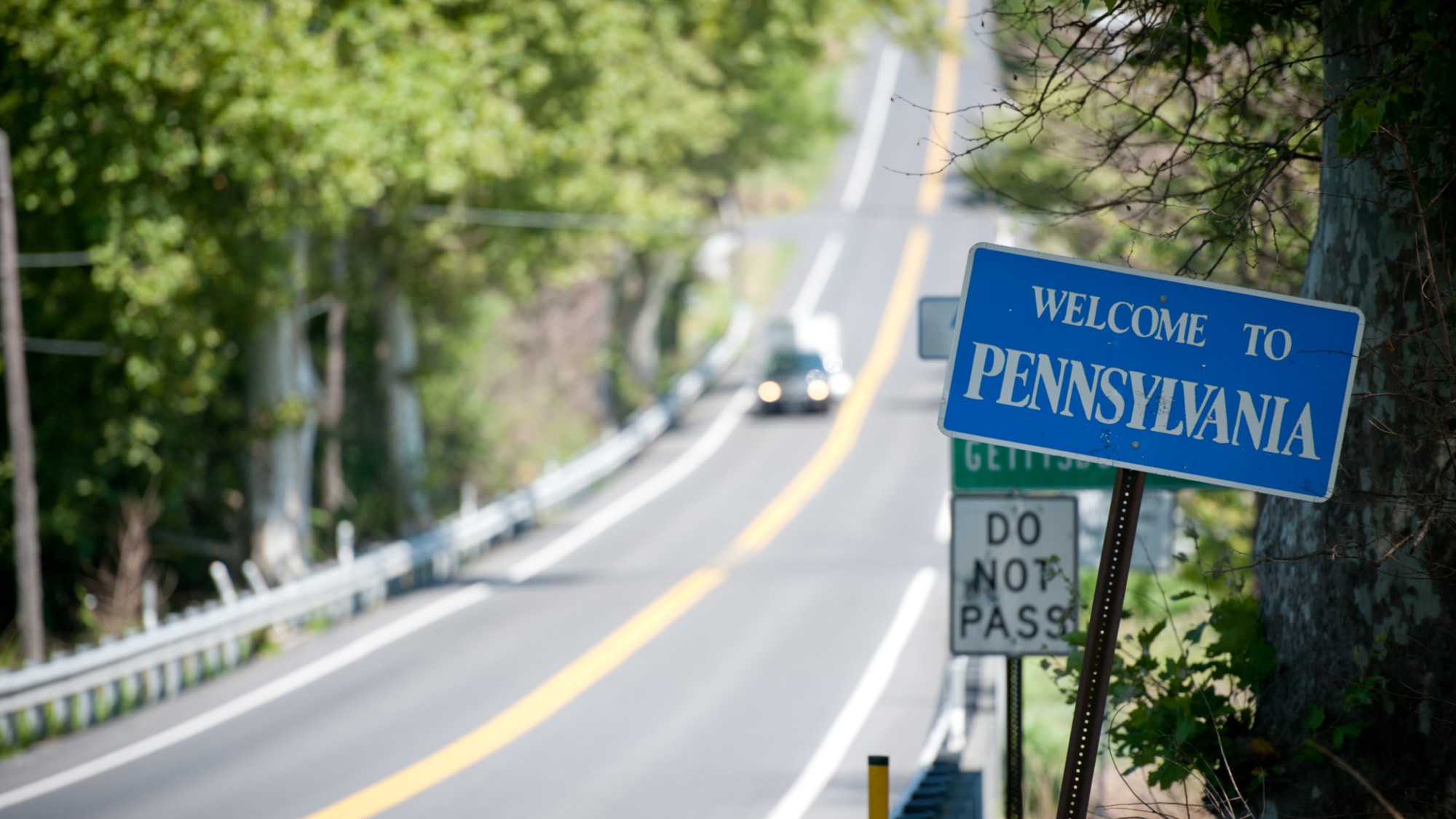 ‘Consistency at the ballot box isn’t nearly as meaningful to many voters here’
‘Consistency at the ballot box isn’t nearly as meaningful to many voters here’Instant Opinion Opinion, comment and editorials of the day
-
 Nigel Farage: was he a teenage racist?
Nigel Farage: was he a teenage racist?Talking Point Farage’s denials have been ‘slippery’, but should claims from Reform leader’s schooldays be on the news agenda?
-
 The ‘Kavanaugh stop’
The ‘Kavanaugh stop’Feature Activists say a Supreme Court ruling has given federal agents a green light to racially profile Latinos
-
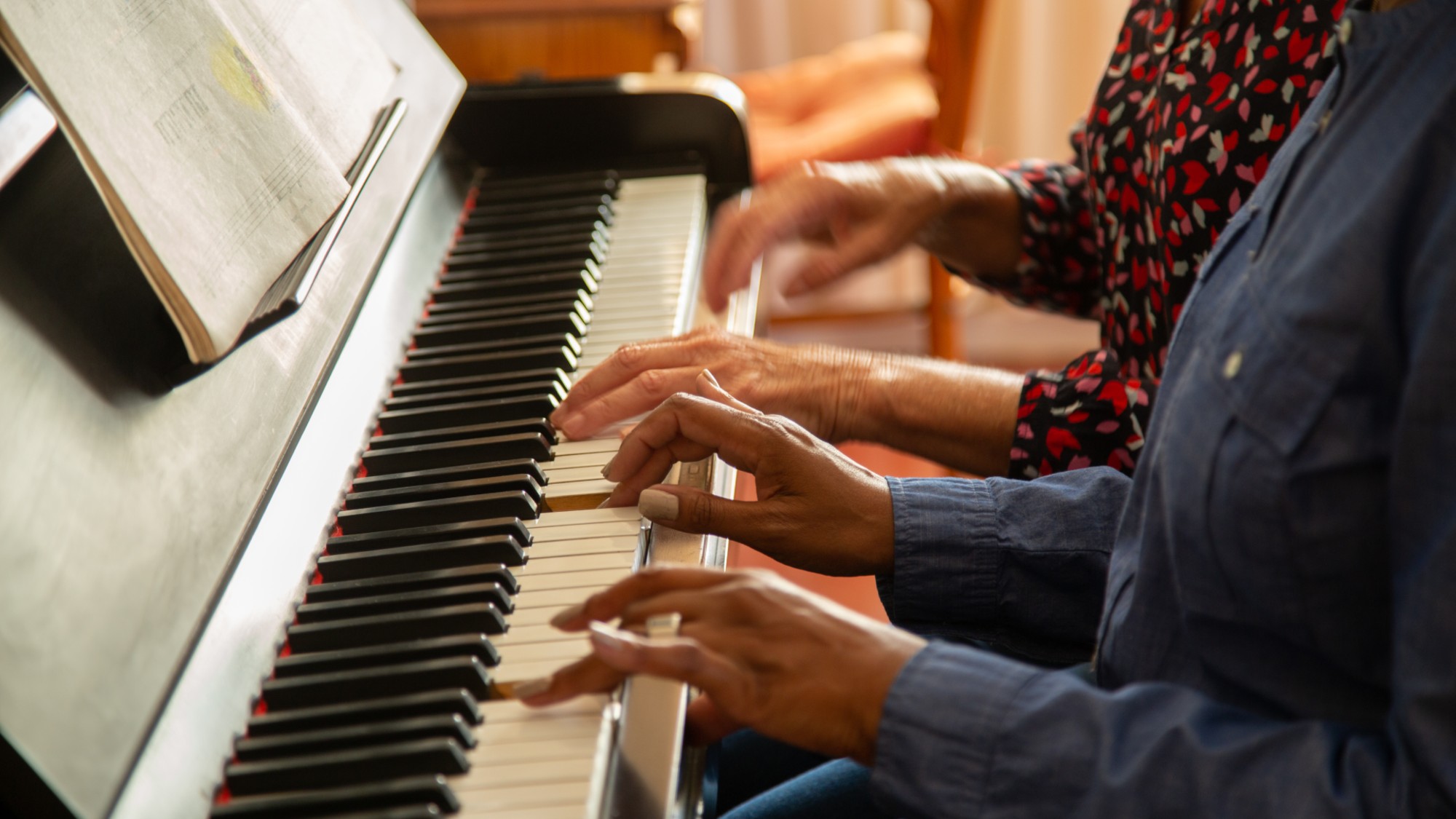 ‘The worry is far from fanciful’
‘The worry is far from fanciful’Instant Opinion Opinion, comment and editorials of the day
-
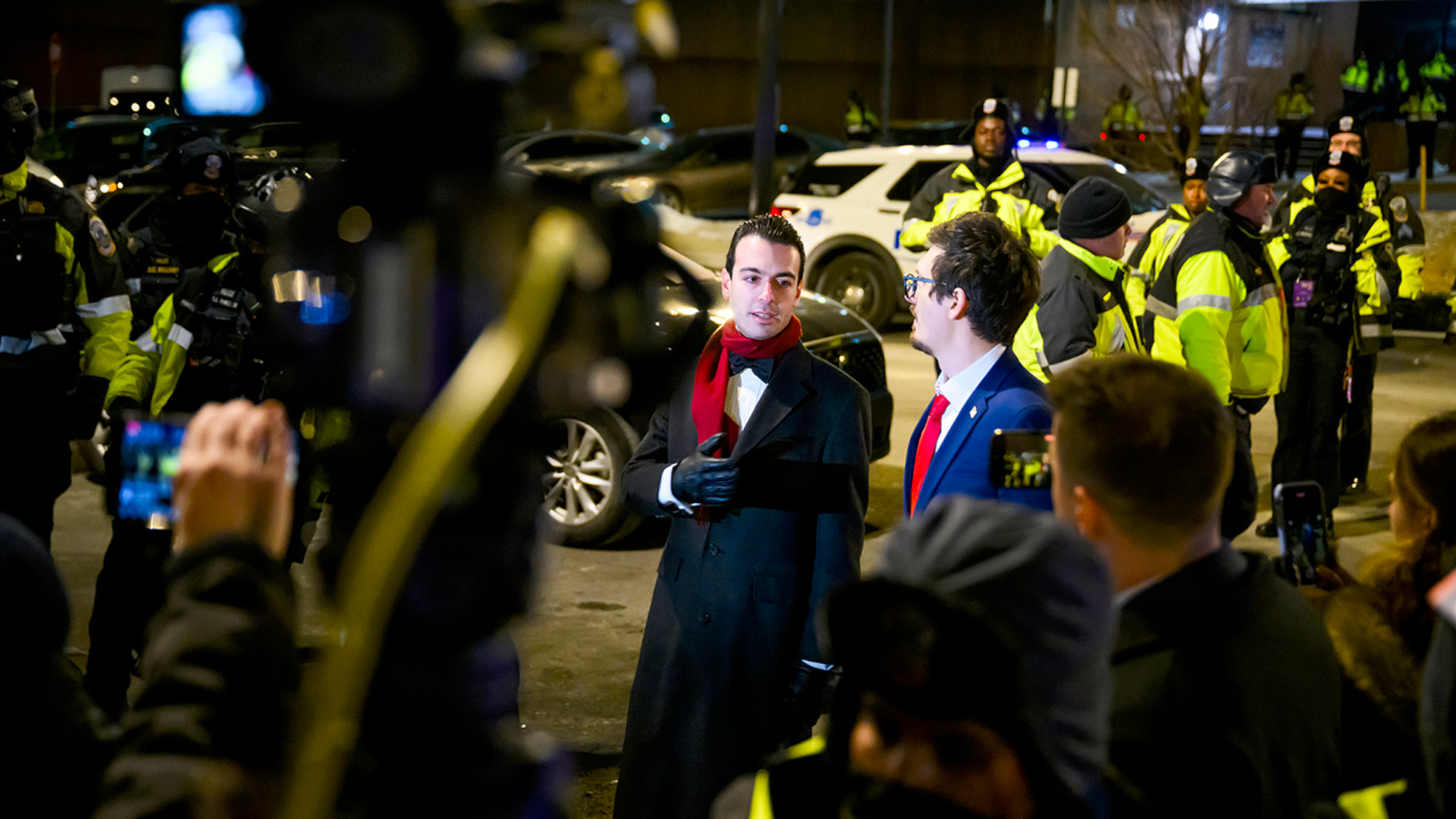 Young Republicans: Does the GOP have a Nazi problem?
Young Republicans: Does the GOP have a Nazi problem?Feature Leaked chats from members of the Young Republican National Federation reveal racist slurs and Nazi jokes
-
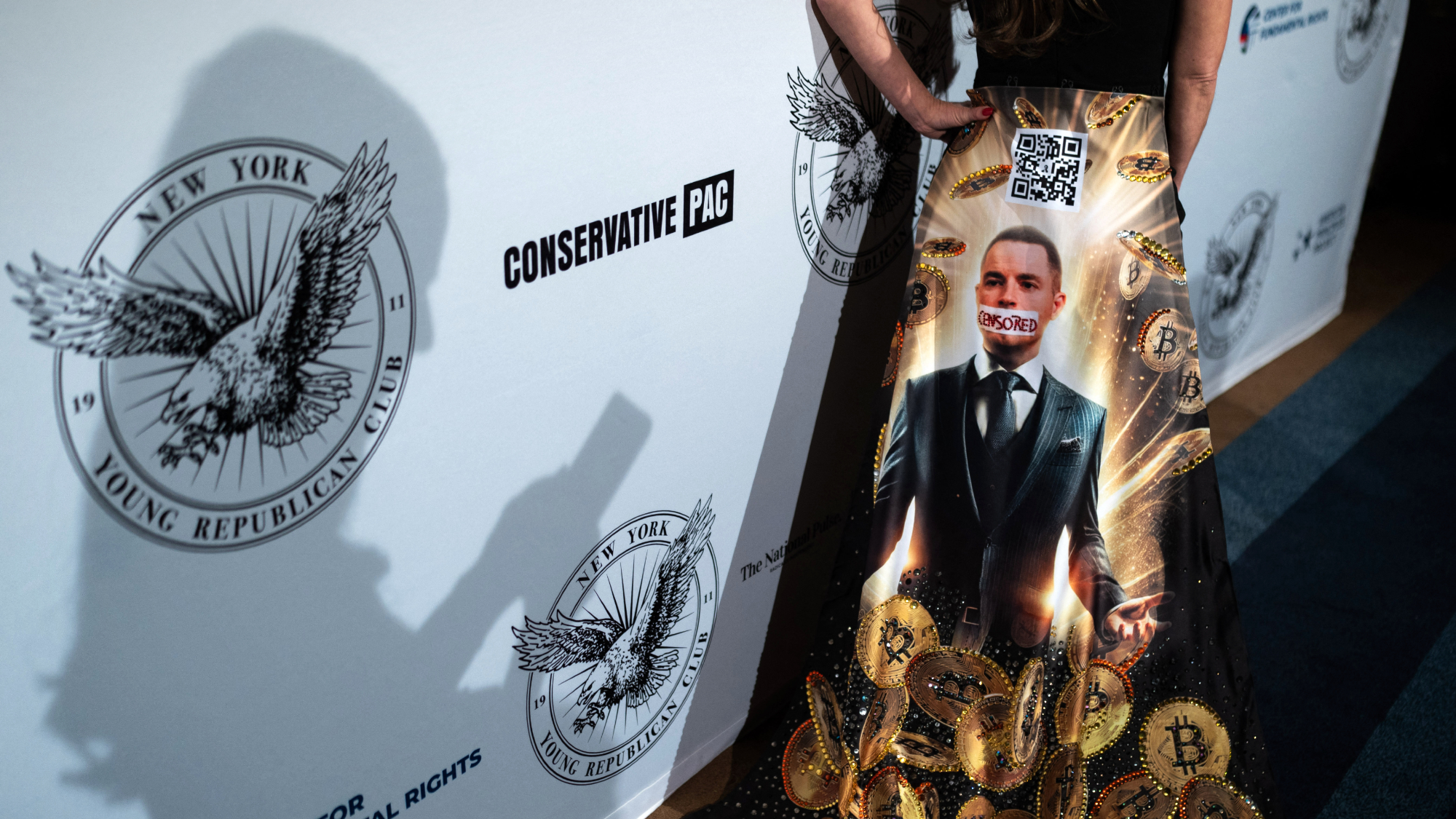 ‘Vile, racist’ leaked chats roil Young Republicans
‘Vile, racist’ leaked chats roil Young RepublicansSpeed Read Leaders of Young Republican groups made racist, antisemitic and violent comments in private chats